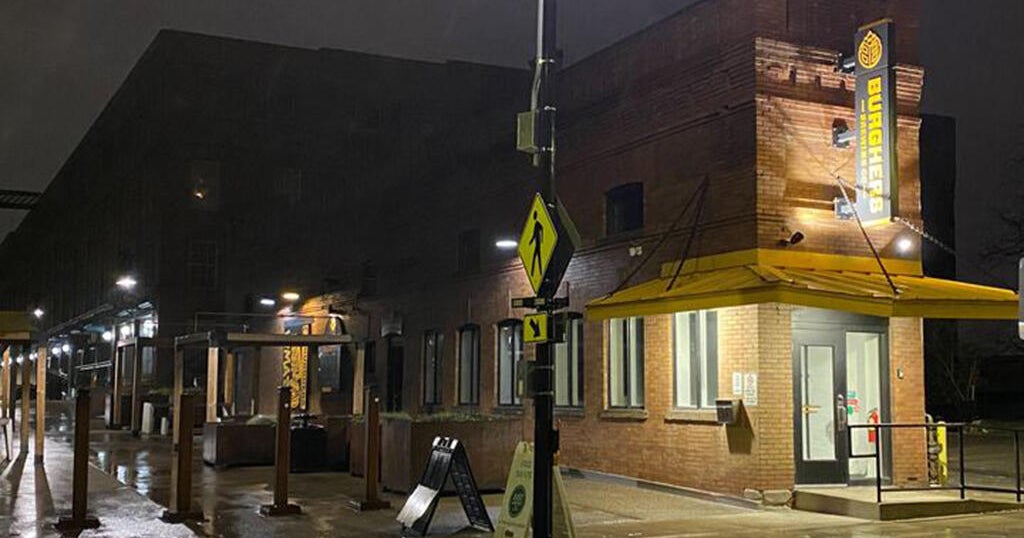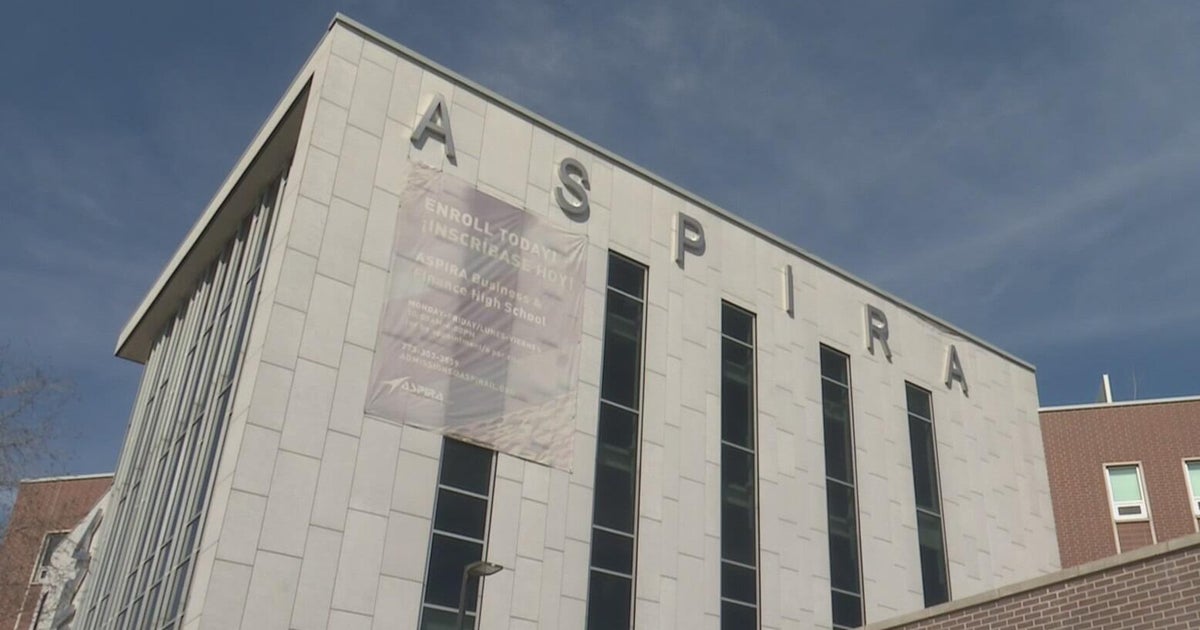Secure-24 Now Secure In New HQ, Growth Boom Continues
SOUTHFIELD -- Secure-24 Inc. has come a long way from the simple desire of its two German founders to start a business so they could stay in the United States.
The managed IT services provider has moved into 50,000 square feet of the First Center complex in Southfield. Its employee count has boomed more than 60 percent over the past year and now stands at 280. The company has nearly 50 open positions, and co-founders Volker Straub and Matthias Horch talk about hiring another 250 employees by 2015.
In 2000, Straub and Horch were asked to come from Germany to America by their then-employer — TDS AG, the largest SAP hosting company in Europe — to open a North American division. But when the dot-com bubble burst later that year, TDS AG cancelled its plans and called the two back. Instead, they chose to stay in the U.S., and founded Secure-24 in 2001.
The company's first headquarters was on Melrose Avenue in Southfield, in an obscure but well-wired tech park off Lahser Road just north of Eight Mile Road. In 2009, the company opened a larger data center in Plymouth Township. Last year it added a data center in Phoenix for geographic diversity, and is currently negotiating for another in Las Vegas. And beginning last spring, the company began moving hundreds of staffers into the new headquarters along Northwestern Highway, between Lahser and Telegraph roads.
"One of the reasons we moved here is that we can scale up here," Straub said. "There is empty space here."
Straub said Secure-24 fills the employment pipeline through close relationships with Michigan universities -- Central Michigan, Eastern Michigan, Lawrence Tech, Michigan State and Michigan among them. And then Secure-24 takes those graduates and puts them through its own year-long training system, where they work in the Integrated Operations Center, Secure-24's supercharged help desk.
Straub said Secure-24 strives for a help desk that will solve 85 percent of problems on the first call -- the industry average is in the 60s -- by pairing help deskers with the most experienced tech engineers on the staff. Late nights on the help desk are supplemented by a small staff in India.
Secure-24's key business is running SAP and Oracle-based systems for clients -- in a wide variety of industries, from manufacturers to service businesses to nonprofits to the life sciences to financial institutions.
The trend of cloud computing has provided Secure-24 with much of its growth. Increasingly, companies are trusting providers like Secure-24 to provide outsourced servers and applications.
"The old model was hardware with an operating system on it and applications on top," Straub said. "That model no longer exists. Today you have this big pool of hardware with virtualization layers on it and you carve out of that whatever the client needs."
 Secure-24 is also known for treating employees like family, since, Straub said, "they spend more time here than they do at home." There's an employee committee that picks charitable activities. There are regular awards among sales and service staff for outstanding performance, with prizes like big-screen TVs and weekends in Florida. The company sponsors monthly Detroit Tiger outings, an annual picnic, and bowling, softball, basketball, hockey and golf teams. A breakroom features big-screen TVs, a pool table, foosball, pinball and more. There are treadmills with computers where you can walk while you work. And of course that tech industry staple -- free Starbucks coffee.
Secure-24 is also known for treating employees like family, since, Straub said, "they spend more time here than they do at home." There's an employee committee that picks charitable activities. There are regular awards among sales and service staff for outstanding performance, with prizes like big-screen TVs and weekends in Florida. The company sponsors monthly Detroit Tiger outings, an annual picnic, and bowling, softball, basketball, hockey and golf teams. A breakroom features big-screen TVs, a pool table, foosball, pinball and more. There are treadmills with computers where you can walk while you work. And of course that tech industry staple -- free Starbucks coffee.
 And Secure-24 also boasts the current Red Hat Certified Professional of the Year worldwide, Sean Millichamp.
And Secure-24 also boasts the current Red Hat Certified Professional of the Year worldwide, Sean Millichamp.
The company is hiring Microsoft SharePoint developers and administrators, SAP administrators, networking professionals in Microsoft and Linux, client service managerse and help desk staffers.
Straub said he and Horch plan to keep growing the firm as long as they can, butting heads with much larger competitors like IBM and CapGemini.
"Growth means getting new clients and overachieving what you promised them," Straub said. And success, he said, means taking recent graduates with very limited knowledge of IT operations, "and seven years later they are running a department of 15 people. That makes me proud."
And that growth will continue to take place in Michigan, Straub said.
"When I talk to reporters they usually are not from Michigan and they ask, 'You're a tech company, what are you doing in Michigan'?" Straub said. "I tell them we love Michigan because we have great education, and we get great, talented people who are very loyal."







